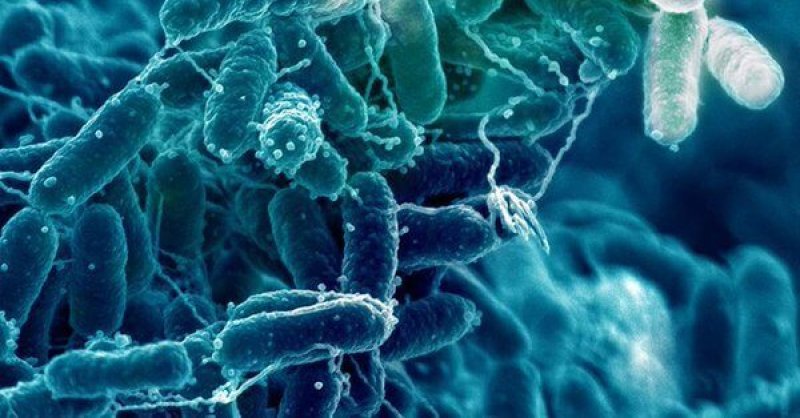Blood transfusions must match the blood type of a donor to that of the recipient; otherwise, the recipient’s immune system could attack the foreign blood, causing severe illness. [August 21], scientists at the 256th National Meeting & Exposition of the American Chemical Society report promising new steps towards hacking this system, using bacterial enzymes derived from the gut microbiome to convert restrictive blood types into more universal blood.
There are four main types of blood: AB, A, B and O blood, distinguished by the sugars red blood cells carry on their surface, called antigens.
…
As it turns out, “gut microbes are professionals at breaking down sugars,” according to Katharine Ng.
…
Sugar-laced proteins line the wall of the intestine—and some of these elaborate sugars resemble the same A and B antigens found on blood cells. What’s more, many gut microbes harvest these sugars by plucking them off the intestinal lining.
…
In the end, the team was left with 11 possible enzymes that were active against A antigen and one against B antigen—including one extraordinarily promising enzyme that was 30 times more effective against A antigen than the one discovered in 2007.
…
When the researchers next tested their powerful new enzyme against real type A human blood, the results were the same—and only a minute quantity of the protein was needed to wipe the blood clean of the offending sugars.
Read full, original post: In the Quest for Universal Blood, Go With Your Gut































